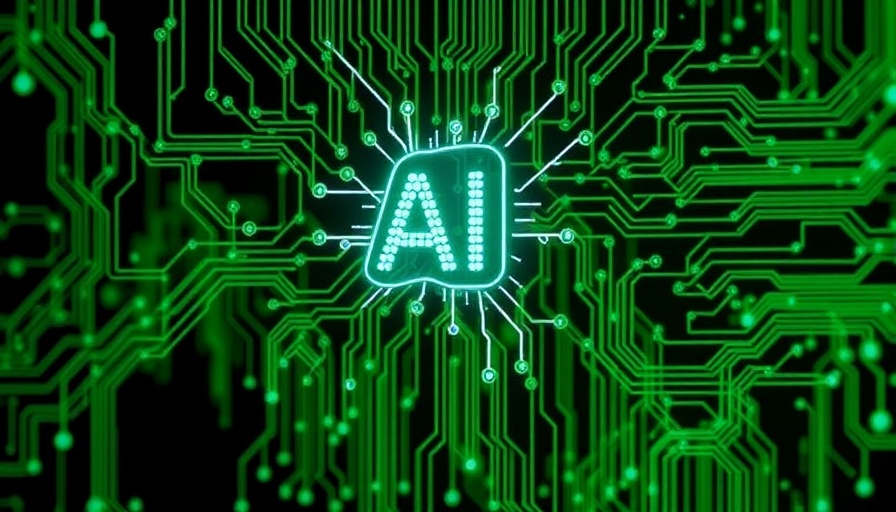
AI's Role in Education: Unmasking the Current Landscape
The introduction of artificial intelligence (AI) in education has sparked a contentious debate about its implications for learning and teaching. While some argue that AI tools like ChatGPT offer new avenues for research and preparation, educators are increasingly voicing skepticism about their actual value. Professors Leo McCann and Simon Sweeney from the University of York highlight a concerning trend: the misuse of generative AI among students is not just prevalent, but detrimental to education itself.
Learning or Shortcuts? The Debate Rages On
Critics assert that claims of AI aiding student preparation are merely a cover for taking shortcuts that do not cultivate essential learning skills. Instead of engaging deeply with original materials, students often resort to AI-generated outputs that can be generic, factually incorrect, or fundamentally lacking in critical analysis. For instance, students’ interpretations of historical texts can descend into misunderstandings—a clear indicator that reliance on generative AI fails to encourage reflection or critical thinking.
The Impacts of AI Misuse on Learning Outcomes
As assessments increasingly flow through generative AI, the risks to the integrity of learning become apparent. The advent of AI results in a diminished educational experience where creativity and critical analysis take a backseat to convenience. In degree programs, the application of large language models is often minimal, suggesting they offer little practical value. Such a climate embodies a pivotal moment for educators, who must reconsider the role of AI in academic frameworks.
Future Predictions: Navigating the AI Landscape
What does the future hold for AI in education? It is paramount for institutions to reassess their approach towards integrating AI into their curricula. Without critical engagement with the tools at their disposal, educators risk not only undermining their teaching but also leaving students inadequately prepared for the real world. As society grapples with the rapid development of AI technologies, we must remain vigilant and skeptical about their implications for critical thought and the educational journey.
Making Informed Decisions About AI in Education
As conversations about the intersection of AI and education evolve, it is crucial for educators, administrators, and students to engage actively. By questioning and critically evaluating the use of AI in academic settings, we can forge paths that emphasize learning, curiosity, and genuine engagement—characteristics essential for navigating the complexities of modern employment.
 Add Row
Add Row  Add
Add 




Write A Comment